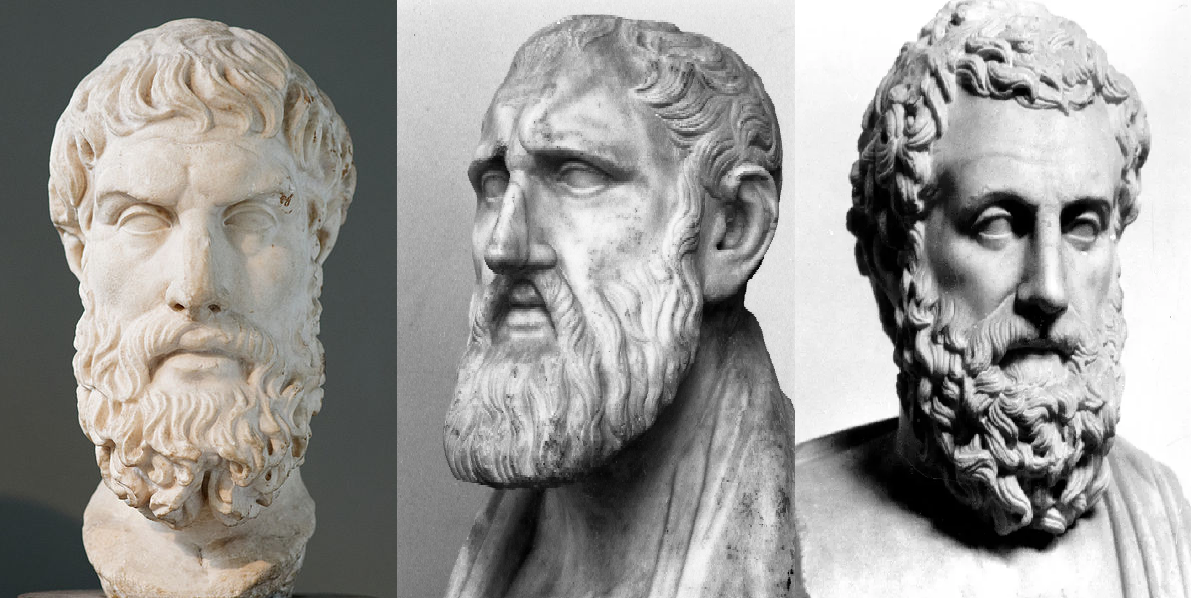- Aristotle:
Argued that human happiness must consist in an activity that fully expresses our human nature and identifies such an activity with virtue, but he believes that no one can be happy unless they have at least some external goods: some comfort, money, health and friends.
- Stoics:
Agreed with Aristotle that happiness consists in the acquisition and the exercise of virtue, but insist that virtue is the only component of happiness. All other things in life – money, health, comfort etc. – make no contribution to happiness and so are indifferent. Thus, for the Stoics, everybody can be happy no matter what their circumstances in life are.
- Epicurus:
For Epicurus, there is no inner purpose or goal to human life except for what we make of it. And it is an observable truth, he argues, that all human beings just pursue pleasure and avoid pain. But, contrary to ancient and modern misunderstandings, pleasure is understood by Epicureans very modestly, as the absence of bodily pain and mental distress. An Epicurean will try to obtain tranquillity and peace of mind, by pursuing the simple things that make life pleasurable and avoiding everything that might cause disturbance.

